Metal goods are frequently made using steel plates. Steel plate is manufactured in various thicknesses and widths, then cut and welded together to form the finished item. There are various kinds of plates, including high-carbon and stainless steel plates. Some kinds of plate steel are used to make structures, while others make both commonplace objects like wood furnaces and less commonplace items like ship hulls. Flat steel is a common name for a steel plate. Read More…
Delta Steel is a leading provider of high-quality steel products, offering a comprehensive range of steel solutions to meet the diverse needs of our customers. With a commitment to excellence and reliability, we supply a wide variety of steel products for construction, manufacturing, infrastructure, and other industries.

At Delaware Valley Steel, we take pride in being one of the region’s most trusted steel service centers. We have built our reputation on precision, reliability, and the ability to deliver high-quality materials tailored to the unique needs of our customers.
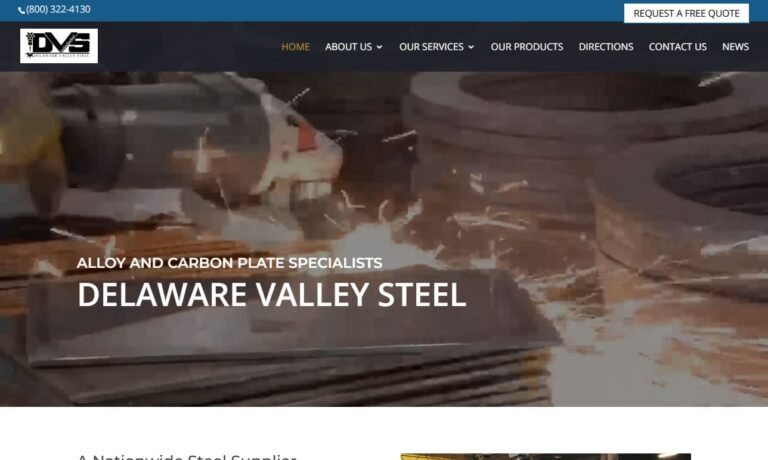
At Grand Steel Products, Inc., we are a leading provider of steel service center solutions, offering a comprehensive range of products and services to meet the diverse needs of our clients. With years of experience and a commitment to excellence, we have established ourselves as a trusted partner in the steel industry, delivering reliable solutions that optimize supply chain efficiency and meet...
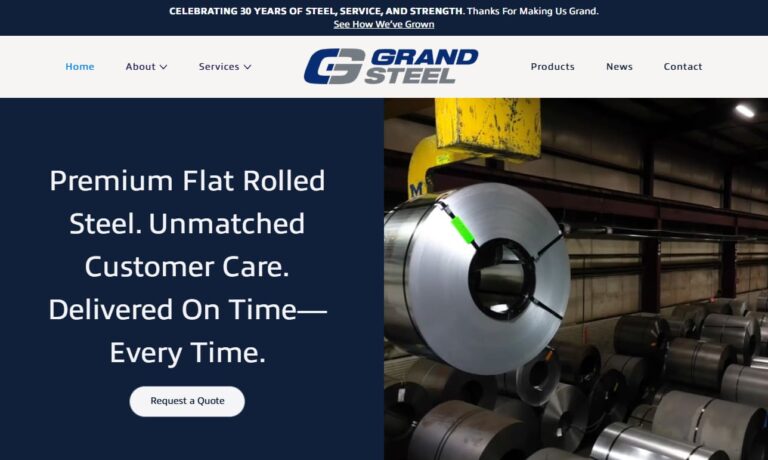
More Steel Plate Service Centers
There are several techniques to shape steel plates the most popular being hot rolling. Hot rolling occurs above the steel’s recrystallization temperature. Recrystallization is when a material's structure changes to the point where it loses rigidity and becomes ductile. In other words, steel can become easily formable when sufficiently heated. After recrystallization, the steel is compressed into a flat shape under a succession of rollers. This procedure provides the steel with shape, strength, and longevity.

It is also possible to cold roll steel plates, which is very similar to hot rolling except that no heat is applied to the steel during the cold rolling process. As a result, the possibility of oxidation decreases, and the material receives compressive stress, strengthening it. However, hot rolling causes fewer deformational stresses in the material compared to cold rolling. Other plate-forming services include milling, deburring, straightening, shot or sand blasting, heat treating, stress relieving, annealing, normalizing flame cutting, and special testing. In steel service facilities, pickling, a process that uses sulfuric or hydrochloric acid to clean or remove impurities from steel, is frequently employed on steel plates.
Types of Steel Plates
Steel plate comes in various varieties, including stainless steel (also known as Stainless Steel 304), high-carbon, low-carbon, and alloy steel plates. These steel plates have various purposes; some are domestic goods, while others are much larger, such as buildings or tanks. Standard grade steel used in structural plates is used for reinforcing plates and building girders.
A flat steel plate is fastened to a concrete foundation using anchor bolts, frequently done to secure steel beams. The steel beam is bolted or welded to the plate to establish a firm base upon which to build. The width of the plate is used to distribute the building's load.
Low-carbon steel is often used for structural-grade plates. This steel is easy to drill and shape to meet construction needs. A36 grade steel is the used for a structural steel plate. This plate steel type is used to construct heavy machinery like bulldozer chassis and earth mover booms. Other specialist plate steel grades exist, such as marine, armor, and bullet-proof grades.

Applications of Steel Plates
Construction Applications
Steel plates have several uses in the building sector. They are particularly prevalent while building warehouses, buildings, and bridges. Large commercial structures like stadiums and airports are also built using steel plates. In addition, bridges and building foundations can benefit from steel plates.

Military Applications
Steel plates are often used to fortify military structures and vehicles. They are frequently seen in military vehicles such as jeeps, tanks, trucks, helicopters, planes, and ships. They are also employed when testing ammunition and weaponry. Steel plates are used in some capacity by every component of the armed forces.
Automotive Applications
Many cars today contain steel plates on their chassis. They are vital to keeping drivers and passengers safe in the case of crashes because of their strength. In addition to being reasonably strong, steel plates can also be lightweight, helping cars run more efficiently.
Advantages of Steel Plates
Steel plates resist rust and wear. They are made in a far wider range of thicknesses than normal sheet steel. A steel plate is ideal in applications requiring an extremely strong construction.
Steel plates can bear tremendous strain from the worst environmental factors. Although steel plates are mainly used for bracing and reinforcing, it has been demonstrated that plate steel possesses a high degree of flexibility.
Choosing the Proper Steel Plate Manufacturer
To make sure you have the most positive outcome when purchasing steel plates from a steel plate manufacturer, it is important to compare at least 5 companies using our list of steel plate manufacturers. Each steel plate manufacturer has a business profile page that highlights their areas of experience and capabilities and a contact form to directly communicate with the manufacturer for more information or request a quote. Review each steel plate company website using our patented website previewer to get an idea of what each company specializes in, and then use our simple RFQ form to contact multiple steel plate companies with the same quote.

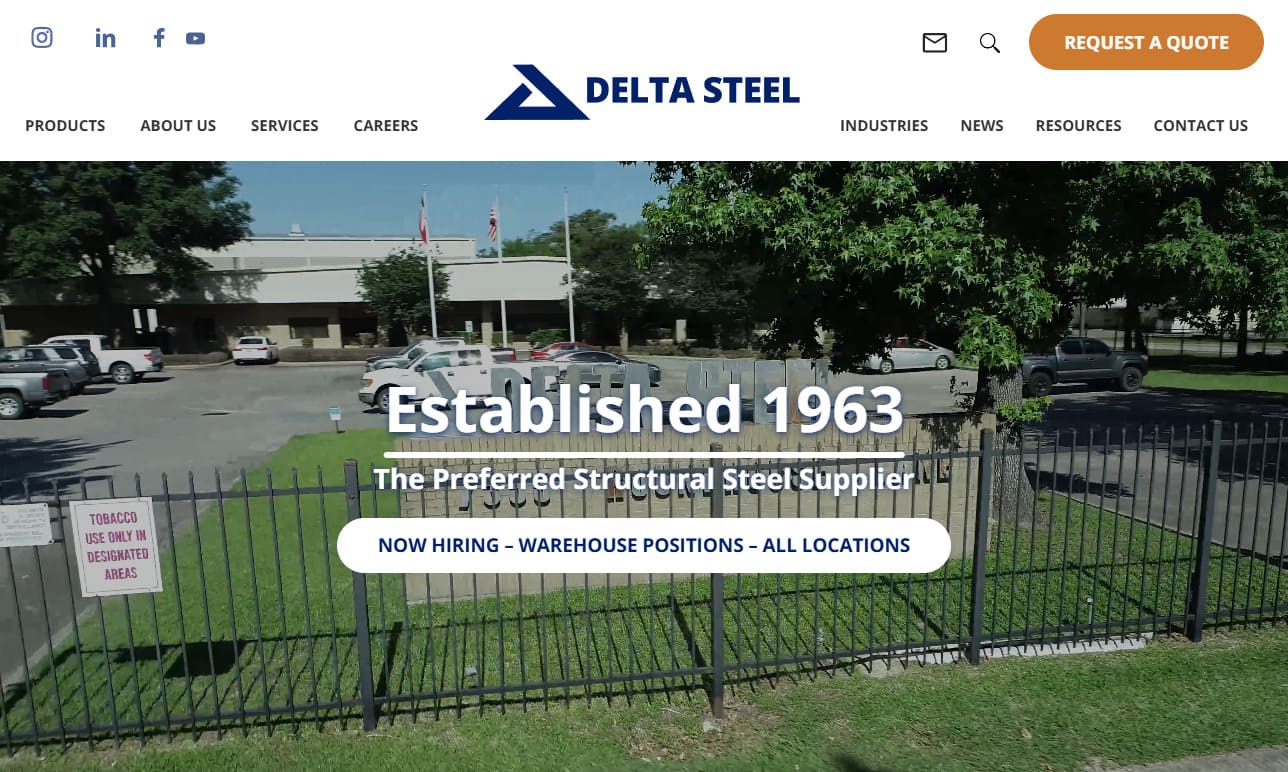
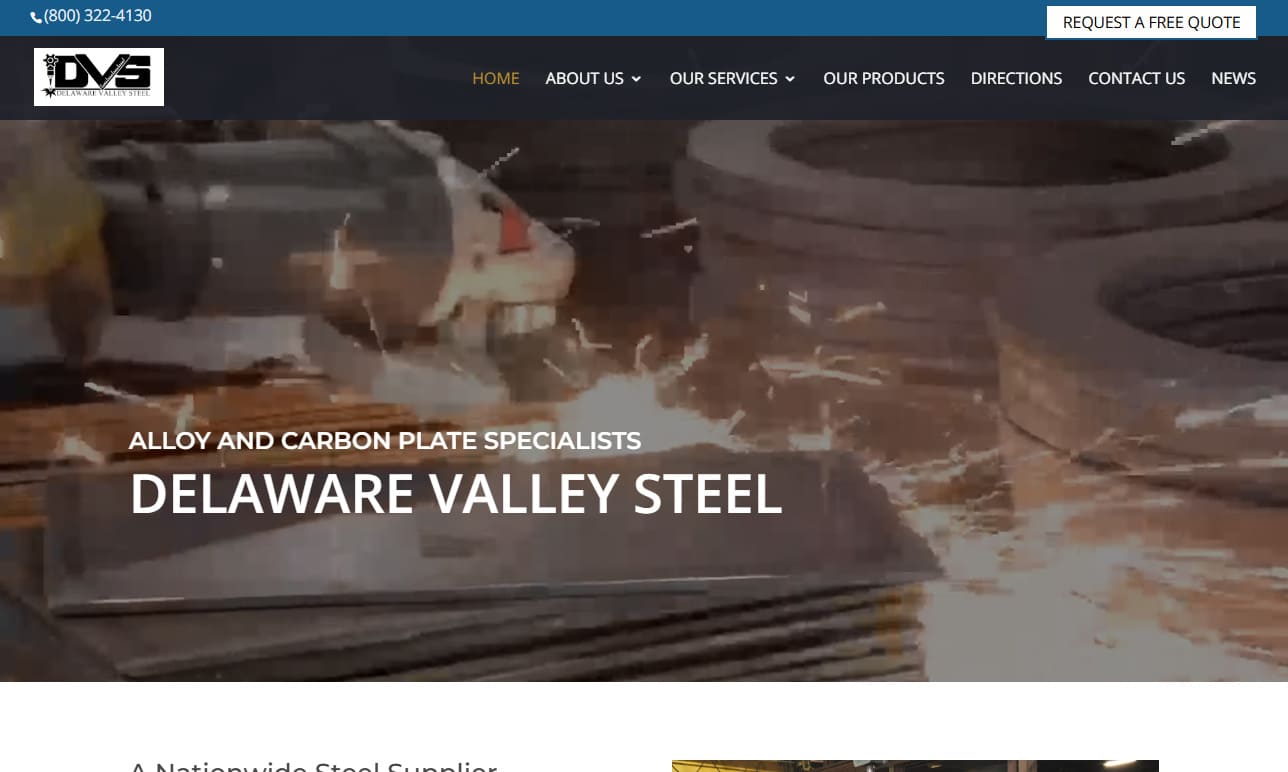
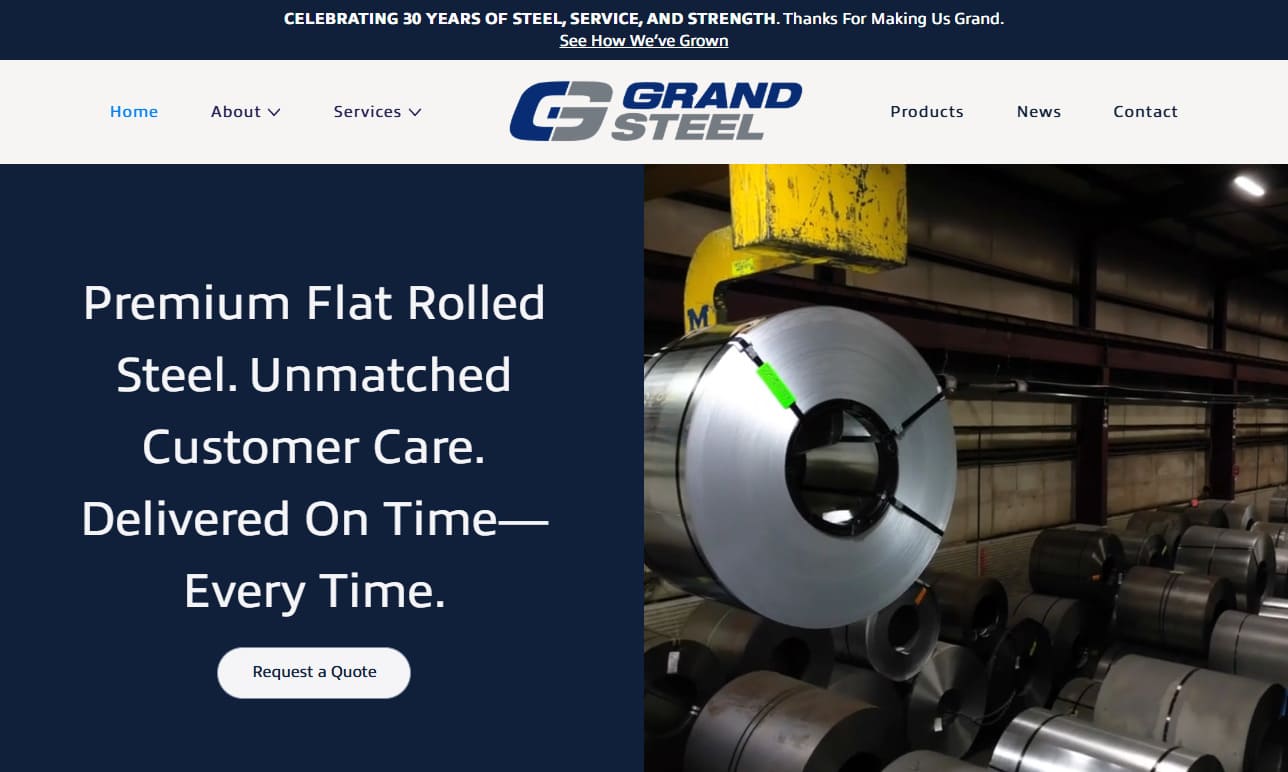

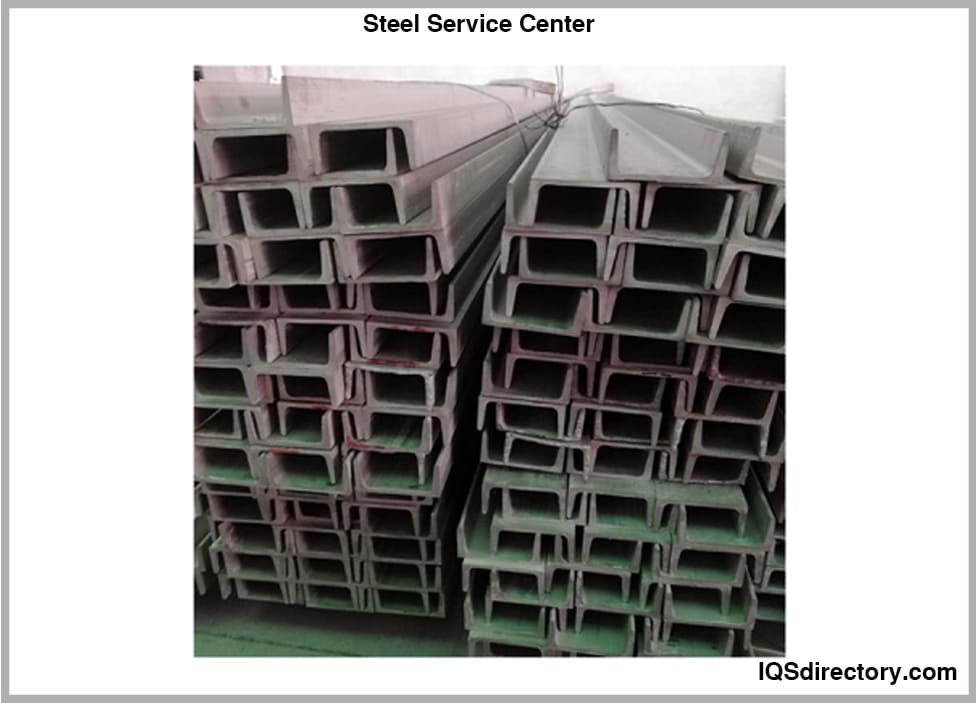


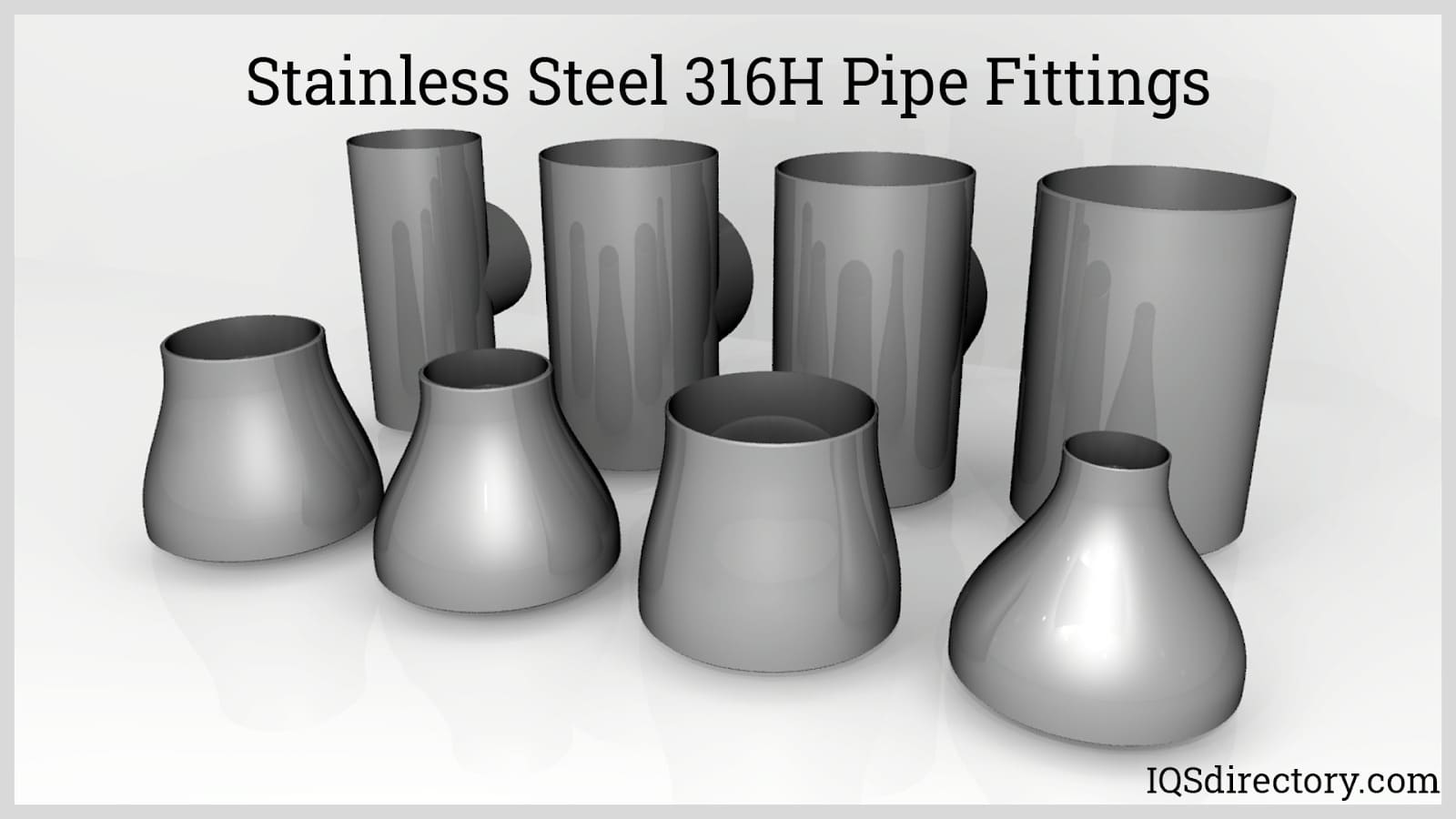

 Alloy Suppliers
Alloy Suppliers Aluminum
Aluminum Aluminum Extrusions
Aluminum Extrusions Copper-Brass-Bronze
Copper-Brass-Bronze Magnets
Magnets Nickel
Nickel Stainless Steel
Stainless Steel Stainless Steel Tubing
Stainless Steel Tubing Steel Service Centers
Steel Service Centers Titanium
Titanium Tungsten
Tungsten Wire Rope
Wire Rope Castings & Forgings
Castings & Forgings Bulk Material Handling
Bulk Material Handling Electrical & Electronic Components
Electrical & Electronic Components Flow Instrumentation
Flow Instrumentation Hardware
Hardware Material Handling Equipment
Material Handling Equipment Metal Cutting Services
Metal Cutting Services Metal Forming Services
Metal Forming Services Metal Suppliers
Metal Suppliers Motion Control Products
Motion Control Products Plant & Facility Equipment
Plant & Facility Equipment Plant & Facility Supplies
Plant & Facility Supplies Plastic Molding Processes
Plastic Molding Processes Pumps & Valves
Pumps & Valves Recycling Equipment
Recycling Equipment Rubber Products & Services
Rubber Products & Services